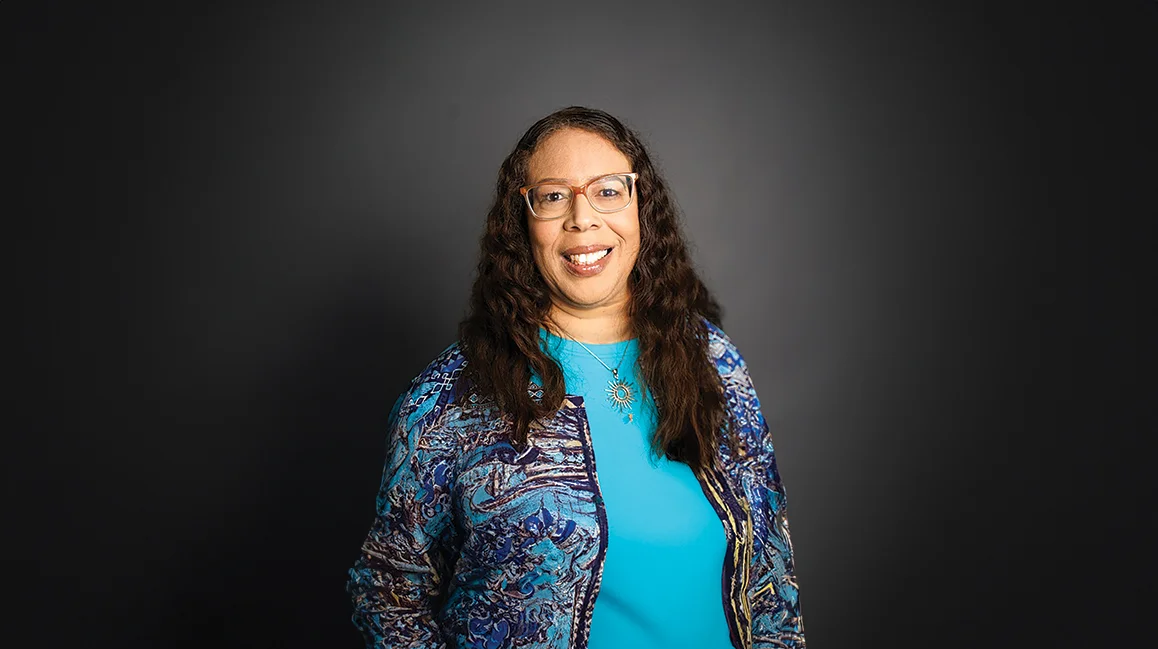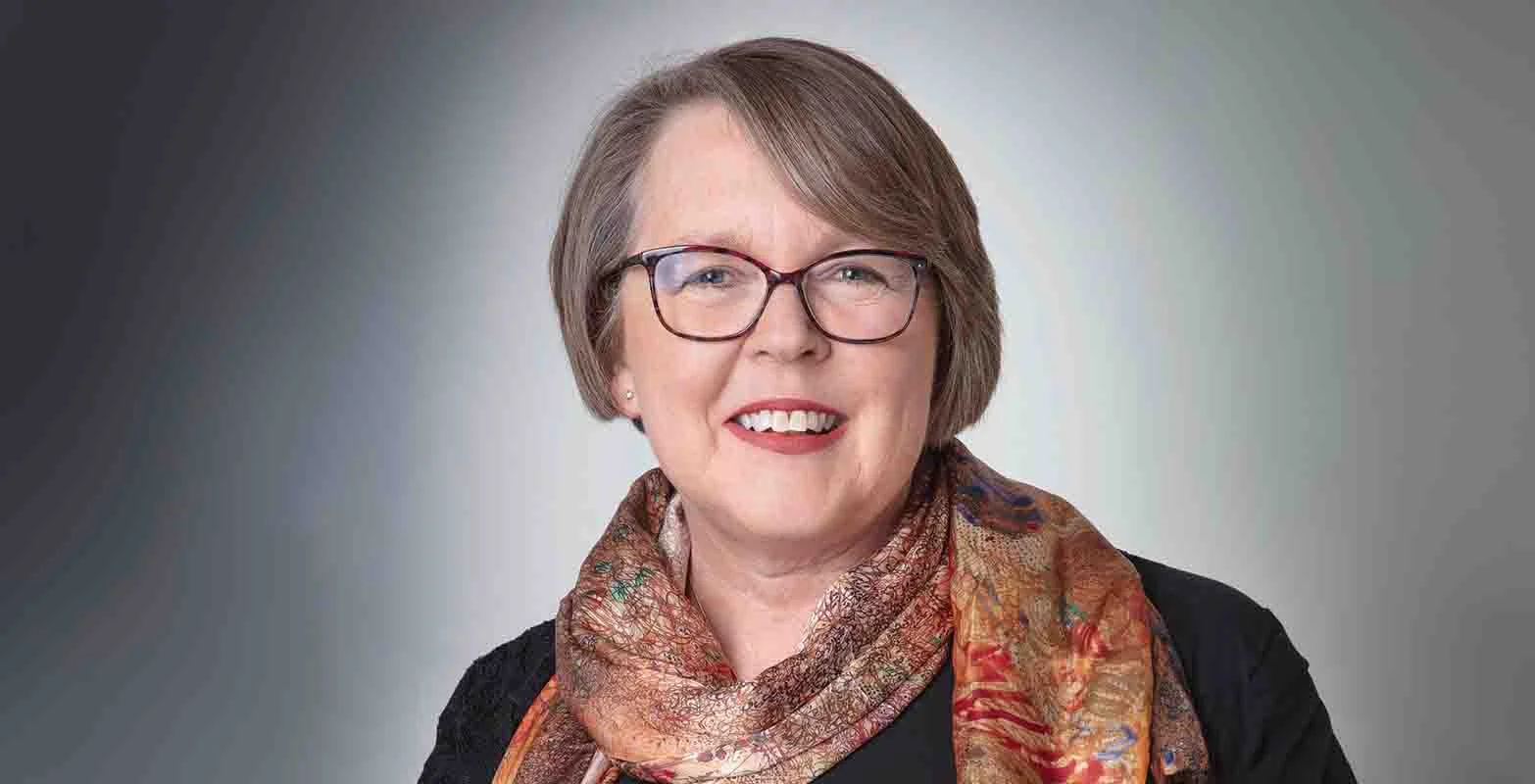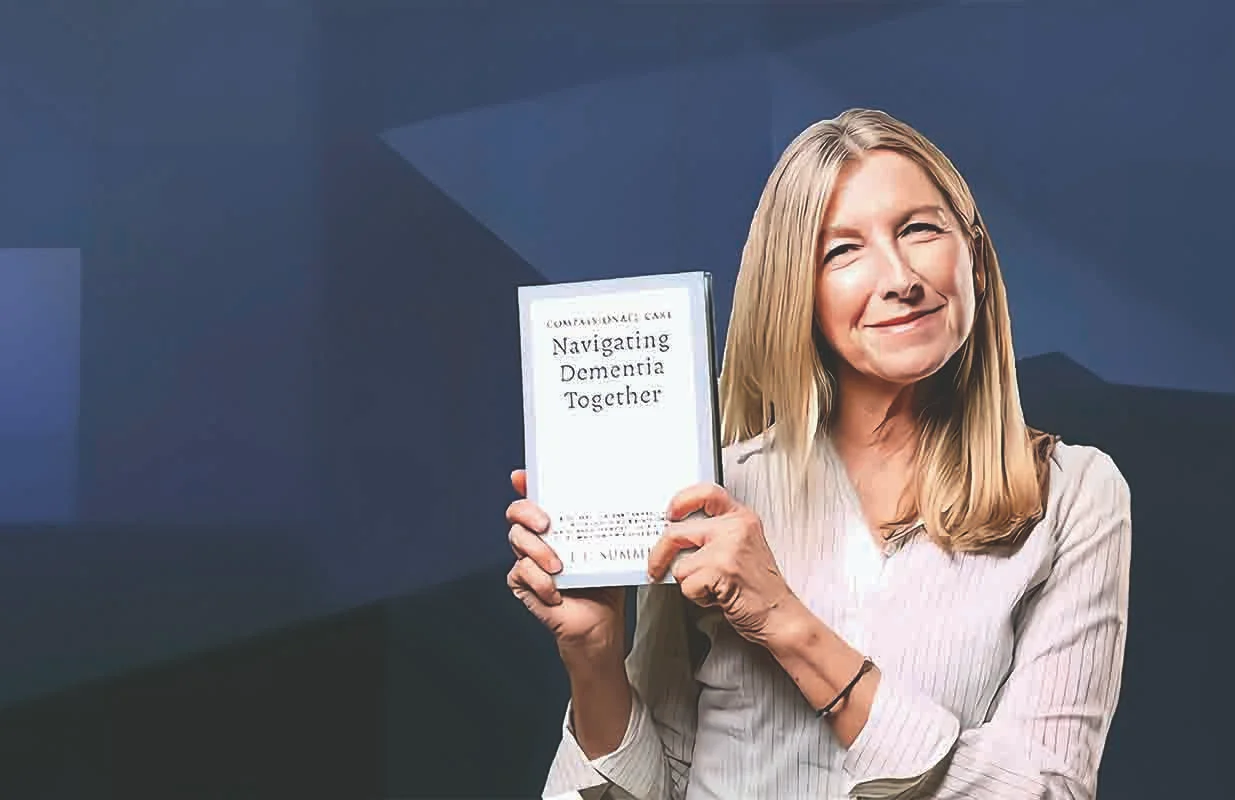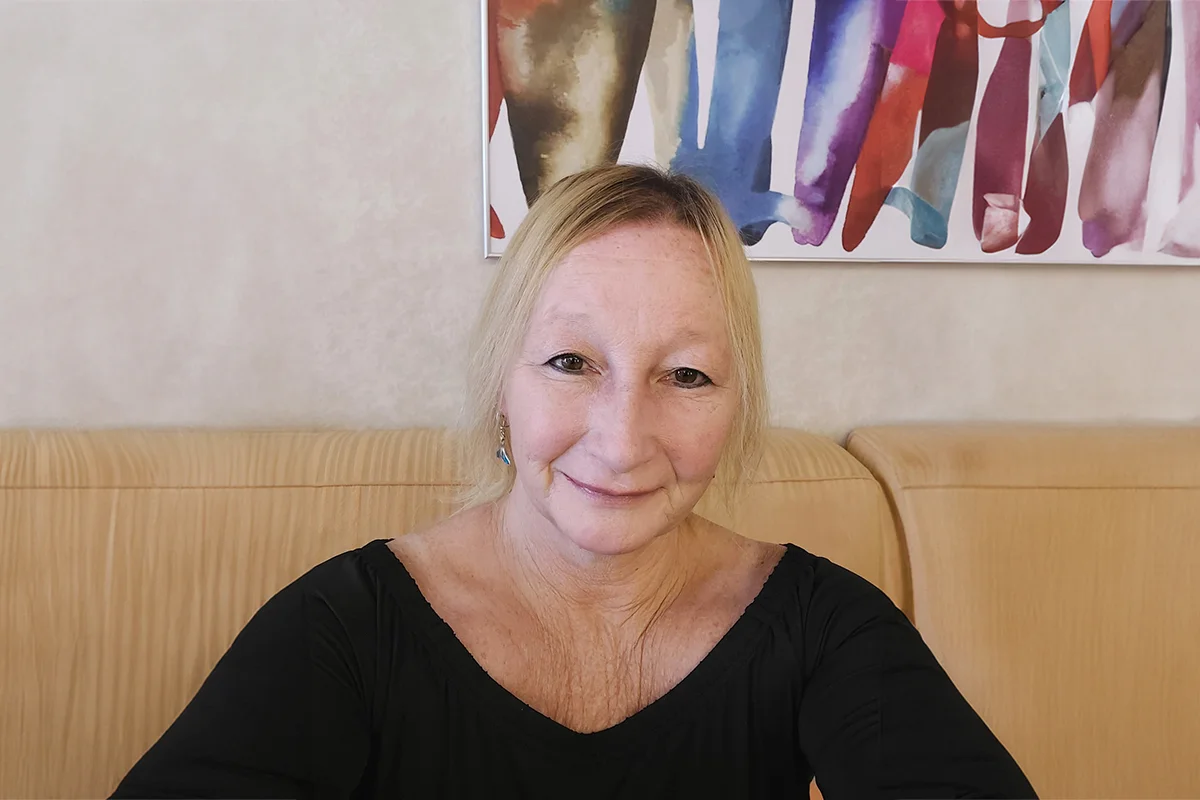PHOTO: Lauren Wilson, celebrated author of Afro-Bougie Blues, masterfully blends storytelling with her engineering background and spiritual insights.
Exploring African American Lives With Depth and Universality
Lauren Wilson’s Afro-Bougie Blues explores African American middle-class life, blending personal experiences with universal themes, influenced by engineering and Nichiren Buddhism.
Lauren Wilson stands proudly in the literary world as a masterful storyteller, a beacon of creativity, and a woman of remarkable depth and versatility. With over 40 years dedicated to the art of poetry and prose, she has graced readers with compelling narratives that delve into the heart of the human experience. Her acclaimed collection, Afro-Bougie Blues, is a testament to her ability to craft characters and stories that resonate universally, while also shining a light on the nuances of African American middle-class life. From exploring themes such as trauma, love, colorism, and perseverance, Lauren’s work effortlessly bridges the gap between the deeply personal and the broadly relatable.
What sets Lauren apart is not only her talent but also the richness of her personal journey. An engineer by profession and a writer by passion, she weaves her multifaceted experiences into her storytelling with authenticity and grace. Her characters inhabit real, textured worlds, defined by their careers, relationships, and struggles—a reflection of her own realities. Beyond her writing, Lauren is a woman of tradition, intellect, and devotion, as seen in her annual “King Thing” celebration commemorating Dr. Martin Luther King Jr., as well as her joyful immersion in African American art and history.
Lauren Wilson is a brilliant storyteller whose narratives resonate deeply, celebrating African American voices and universal human experiences.
Lauren Wilson discusses her inspiration behind Afro-Bougie Blues, her unique storytelling approach, insights on African American middle-class experiences, engineering influences, spiritual reflections, and her commitment to impactful traditions and community. The stories in Afro-Bougie Blues are the product of her muse—a characteristic of having bipolar disorder with manic episodes which manifest as a spurt of creative writing. When her muse comes, she writes about topics she’s seen or experienced, but with original characters and feelings, and outcomes that are far different from what she has known. She writes about abortion, PTSD and alcoholism, losing a parent, love affairs, dieting, single parenthood and teenage love, colorism, and sister-friends. If she ever writes a sequel, it would include a COVID story, electing Obama, and the death of a child. But she needs to wait until she has 10 good stories.
All her characters are African American. She picked the title Afro-Bougie Blues to indicate middle-class people with real problems that have nothing to do with money. She has found that many of her white friends who have read the book find it completely relatable. Her characters’ experiences tend to be universal. As for engineering, her characters have jobs and careers, like serving in the military, working in a lab, coaching a college team; often, their jobs are a part of how they define themselves.
Lauren was introduced to Nichiren Buddhism by her godmother at age 17; it was a major part of her life for the next 10 years, and she still turns to it when she has an overwhelming desire for spirituality. Nichiren Buddhism is different from other sects in that its only tenets are to chant, and to do no harm. Chanting would then enable you to elevate your consciousness to a state of positivity, even in bad situations. There is no guilt, no forgiveness, no divine being, no permanent heaven or hell. If you do bad things, there will always be a result that you have to live with and work out. As a result, her characters may do or experience bad things, but, with one exception, they must work it out themselves. There is one exception—in “Falling”, there is a hell; she wrote the story to be an amusing parable. But in general, her characters don’t have a church background. She realizes that this may make them different from so many African Americans whose lives are rooted in the church, but that is something she can’t write about.
MLK Day became a federal holiday in 1986, right when she was finishing college, and very few of the places she’s worked in private industry gave her that day off. Many of her colleagues would take the day off, but she felt one of the things King fought for was her right to have a job based on her credentials. So, the King Thing was always on a Sunday, conflicting with the football playoffs, so mainly women came. She would share the “I Have a Dream” speech and one of King’s speeches or sermons, then invite everyone to talk about how we move forward. She always invited a mix of black and white friends, because she found that the discussions were better when more well-rounded, and while her black friends came away energized, her white friends came away educated and immersed in an African American experience.
Her mother introduced her to mysteries in her teens and her father introduced her to science fiction. So that is mostly what she reads. But occasionally, she reads African American fiction; the stories she’s loved tend to have strong women characters, like the Women of Brewster Place by Gloria Naylor and What Looks Like Crazy on an Ordinary Day by Pearl Cleage. She has also read all of J. California Cooper’s short stories and finds that they are warm and loving. Cooper and Naylor inspired her to write short stories with depth and resolution in a short package, inspired by love and family.
This article is based on an interview published on Reader’s House.











